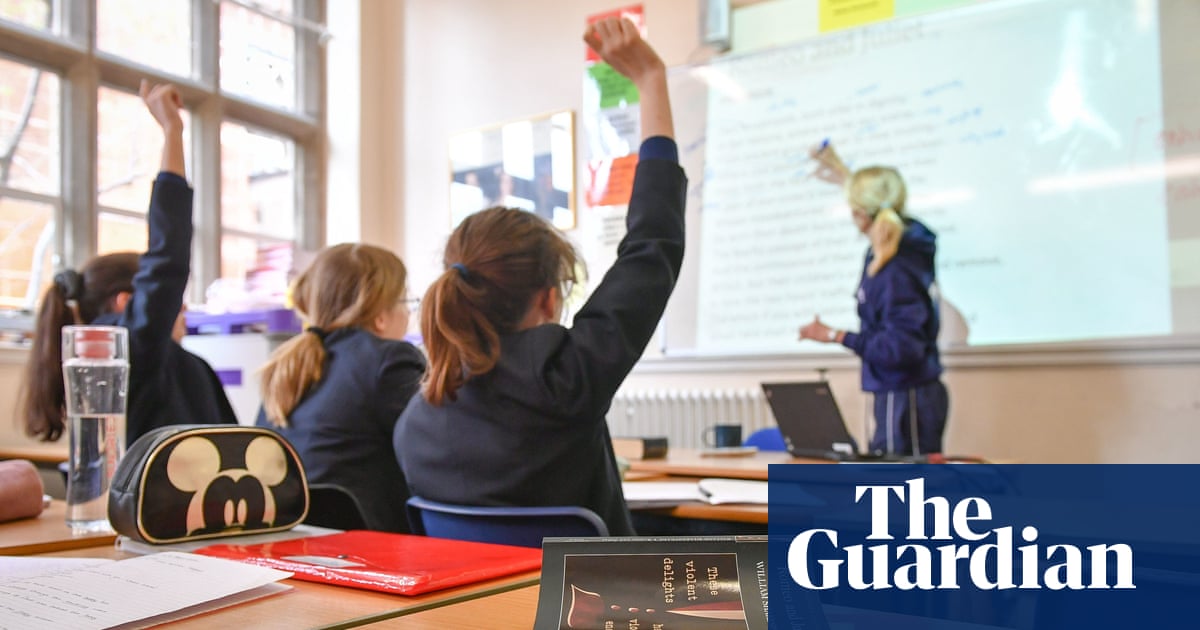
Primary school pupils in England have suffered “significant” learning loss during lockdown and school closures, according to new findings that highlight how disadvantaged pupils have been affected most by the pandemic.
The work by the National Foundation for Education Research (NFER) was greeted by experts with dismay at the extent of the learning lost by children aged six and seven following the disruption to their schooling in 2020.
The NFER said its study confirmed that “year 2 pupils had significantly lower achievement in both reading and maths in autumn 2020 when compared to performance seen in year 2 in the autumn term of 2017. This represents a Covid-19 gap of around two months’ progress for both reading and maths.
“It also shows that there is a large and concerning attainment gap between disadvantaged and non-disadvantaged pupils: seven months for both reading and maths amongst year 2 pupils. It seems that the disadvantage gap is wider than earlier estimates, and will likely be further exacerbated by school closures in early 2021.”
Simon Burgess, a professor of economics at the University of Bristol who specialises in education, said: “We are now beginning to get precious new data on the real depth of the learning loss. This great new study from NFER shows that it is at least as bad as we feared. And of course, since the end of the study, schools have been shut for weeks again.”
The NFER study involved nearly 6,000 year 2 pupils at 168 primary schools in England taking standardised tests in reading and maths, and comparing the results with those from tests taken by a sample of pupils in similar schools.
Overall the interim results found that pupils were, on average, making two months’ slower progress in both subjects compared with the earlier sample. Worryingly, the study also found that “a very large number of pupils were unable to engage effectively with the tests”, suggesting that lockdown had created further difficulties for teachers.
Geoff Barton, the general secretary of the Association of School and College Leaders, said: “These bleak findings once again emphasise the pressing need for more catchup support for children whose education has been disrupted by the pandemic. The prime minister committed on Wednesday to a programme of catchup into the next financial year. But there was little detail provided about these plans and it is clear that this support will need to be substantial in order to address the scale of the challenge which lies ahead.”
Burgess and other experts have maintained that the learning lost during lockdown and associated school restrictions on attendance will require a greater effort than the government’s current catchup plans.
The NFER’s interim findings are part of an ongoing study funded by the Education Endowment Foundation, with further research to be carried out in March and June to examine whether the learning loss narrows, widens or remains stable.
Ben Styles, the head of the NFER’s education trials unit, said: “There has been lots of speculation about the extent to which children may have fallen behind and it is valuable to report some attainment data on this question. Measuring gaps in test scores is not much use to teachers without more diagnostic information concerning where children have fallen behind and we hope to provide this imminently.”












